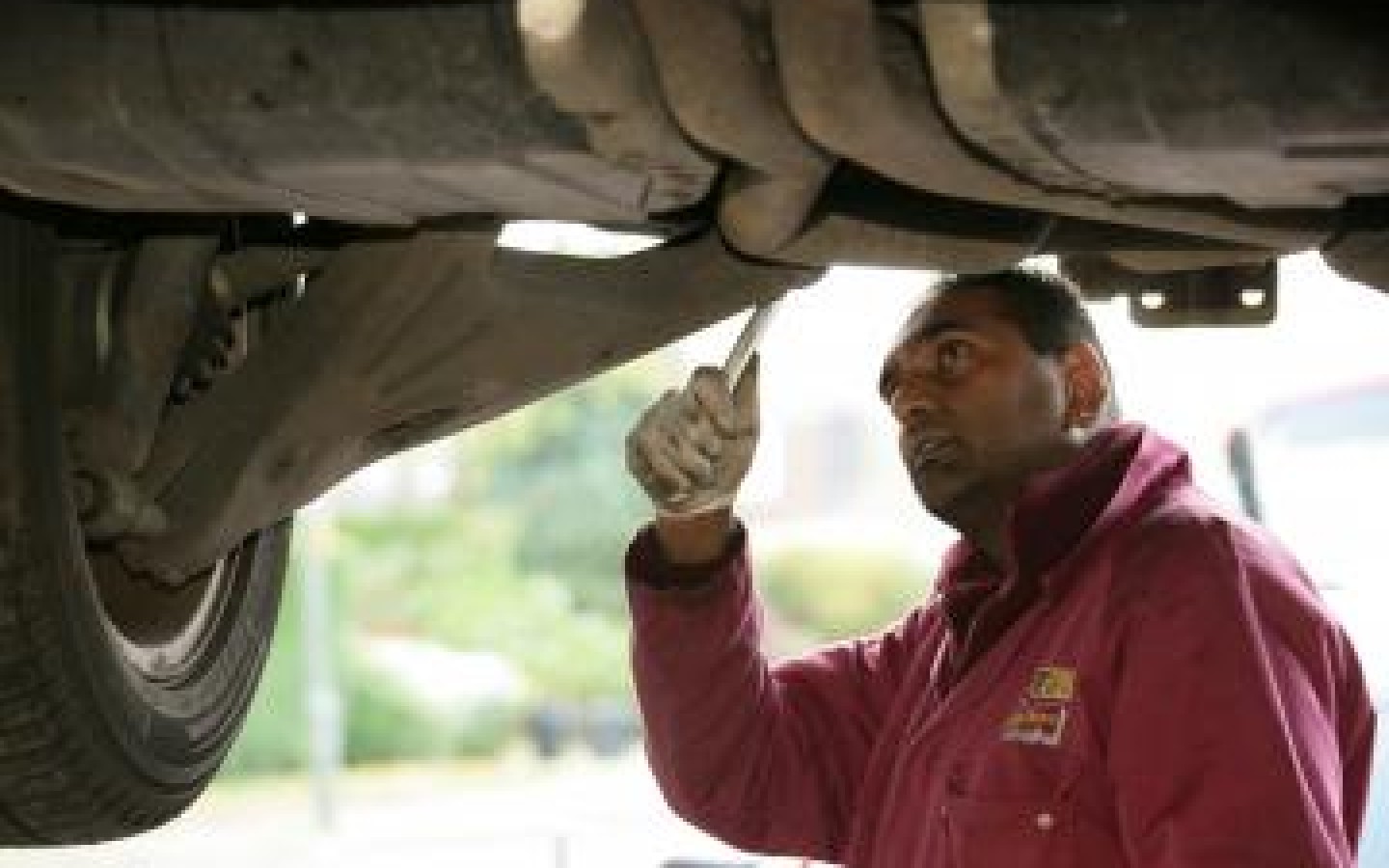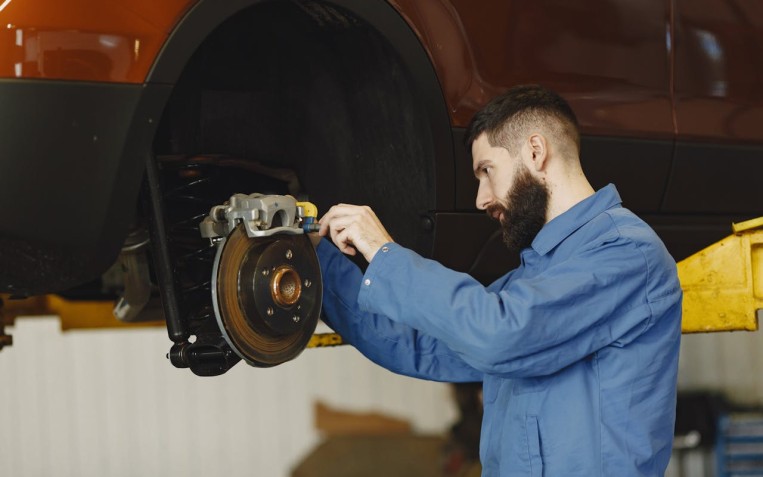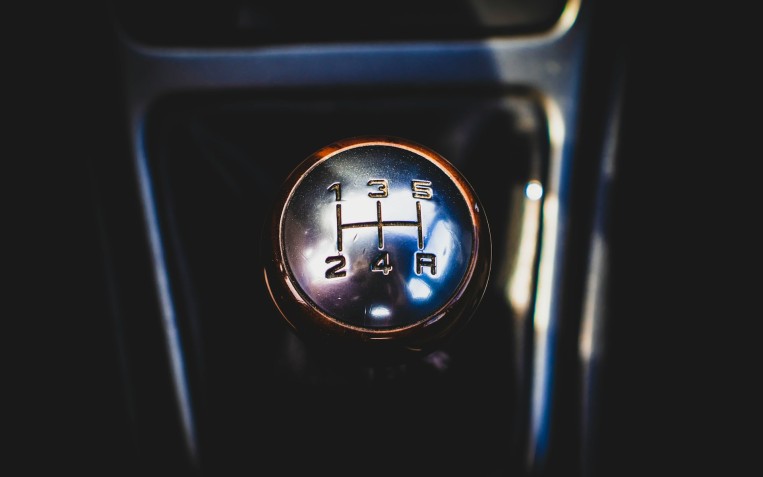A guide to brake calipers

Your brake calipers play an important role in allowing your brake function to work properly. In this guide we’ll explain what brake calipers are, how they work and what to do if your brake calipers need replacing.
Remember, here at PTA we offer free car brake inspections to ensure your brakes are safe and in healthy condition. Find out more about our brake services.
What are brake calipers?
Brake calipers are responsible for applying pressure to your brake pads, housing the brake pad and squeezing it against your brake disc to create friction in order to slow down your vehicle.
They comprise of a metal house which holds the brake pads, and include either one piston or multiple pistons depending on what type of caliper you have. When you engage your brakes, hydraulic pressure is generated in your brake lines, which forces the pistons on the caliper to shoot outwards. This presses the brake pads against the brake disc and causes the friction needed to brake effectively.
What’s the difference between floating calipers vs fixed calipers
The main difference between floating calipers and fixed calipers is that floating calipers just have one piston on the side of the brake disc whereas fixed callipers have multiple pistons across both sides of the brake disc. Fixed calipers are normally found on high-performance vehicles and offer more efficient braking.
What are the signs of a faulty brake caliper
Faulty brake calipers can be dangerous and will ultimately impact the braking capability of your vehicle. Some of the symptoms of faulty brake calipers include;
- Reduced brake efficiency: A faulty brake caliper will not be able to apply the correct level of pressure to your brake pads, which can result in increased braking distances. This can make it more difficult for you to bring your car to a complete stop, increasing the risk of accidents.
- Uneven braking: One of the risks caused by faulty brake calipers is uneven braking. If one of your calipers is faulty, it will cause braking harder on one side compared to the other, making your brakes unbalanced. This can mean that when you brake, your vehicle will behave unpredictably, and you could end up pulling to one side when braking which is especially dangerous in emergency situations.
- Brake disc damage: If your brake caliper gets stuck or is in the wrong position it can cause your brake pads to continually rub against your brake disc. This can cause your brake pads to wear down faster and lead to excessive brake disc wear. It could result in the need for both your brake pads and brake discs to be replaced.
- Full brake system failure: Ignoring the signs of a faulty brake caliper can cause full brake system failure in the worst case scenario. A complete loss of brake power can make it extremely difficult to control your vehicle with the potential to cause fatal accidents.
How can PTA help?
It’s important to regularly check and inspect your brake system as part of routine maintenance to highlight any potential issues before they turn into a major problem. Here at PTA, not only do we offer free brake checks but any brake repairs and replacements are carried out by our expert team at competitive prices. Whatever your vehicle needs, find your nearest centre today.
Related Content

The difference between disc and drum brakes
The brakes are an essential component of your vehicle, preventing any potential collisions or accidents from occurring. Disc and drum brakes are two braking systems used in modern cars. However, there are noticeable differences between each braking s...

How to tell if your car needs a new clutch
Do you own a car with a manual gearbox? The clutch plays a vital role in starting and driving your vehicle, particularly when shifting gears. Identify...

How long do electric vehicle batteries last?
One concern that many people have when considering electric vehicles is ‘How long does the battery last?’. Replacing an EV battery can be...

